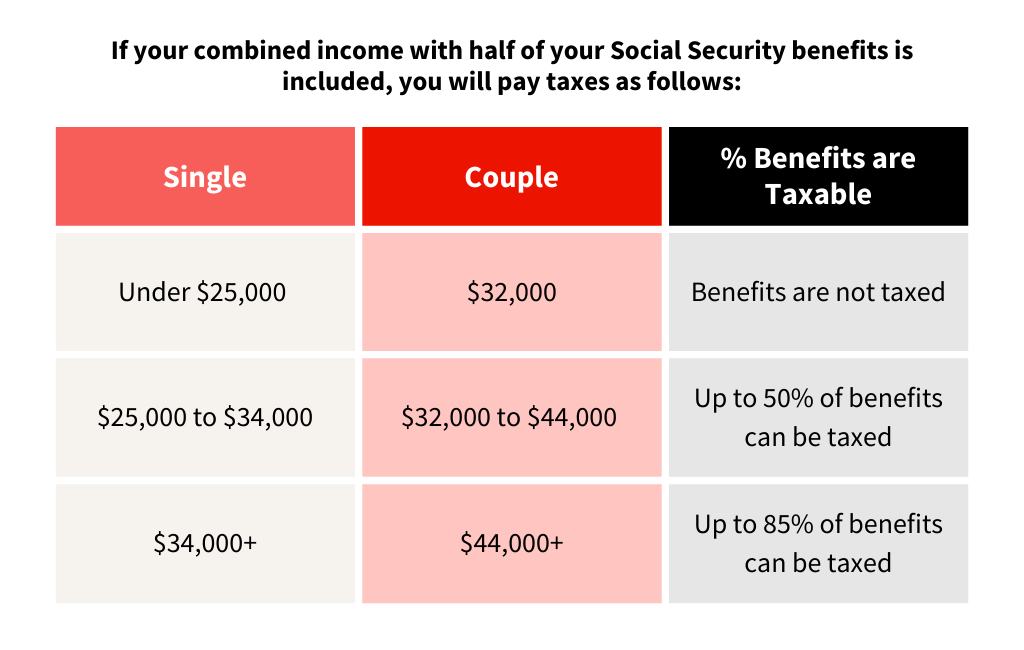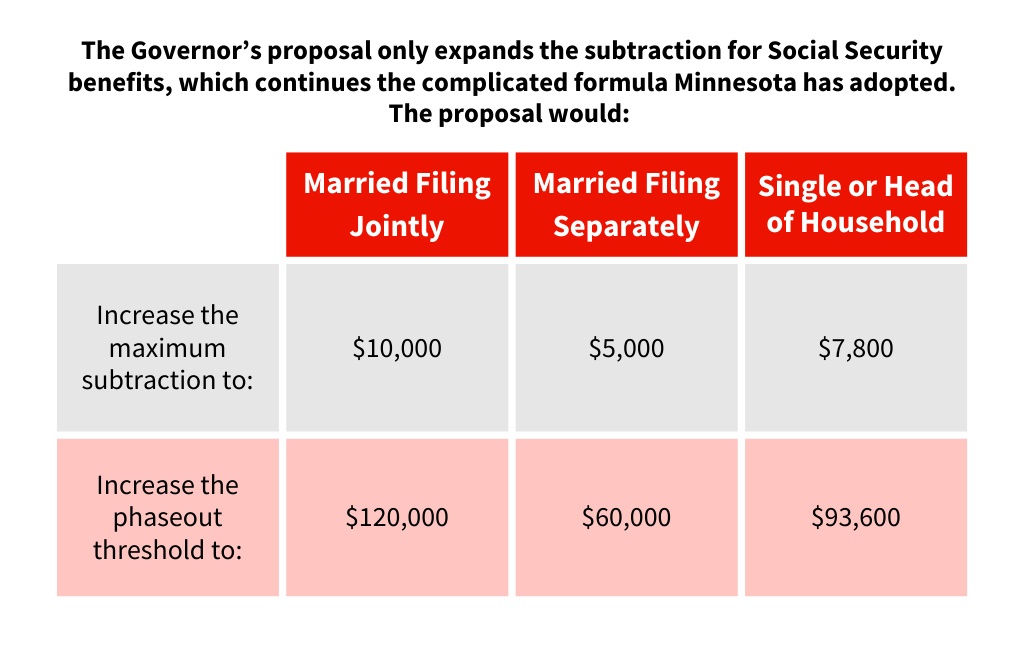AARP Hearing Center

AARP has long advocated for Social Security tax relief. While we have appreciated past legislative actions that have provided some state relief for beneficiaries, the fact remains that more retirees are paying taxes on their benefits. With a historic $17.6 billion surplus, it’s time to stop taxing these hard-earned benefits.
Social Security is an earned benefit. Historically, Social Security was designed as an anti-poverty program, not a way to fund state government. Before 1984, these benefits were not taxable. Today, Minnesota is only one of 12 states that tax Social Security benefits.
When AARP analyzed the growth in the numbers and amounts of federally taxable Social Security between 1997 through 2020 (the earliest and the latest years) available by income, we found that while the total number of Minnesota returns grew by 29%, the number of Social Security returns increased over three times to 312%.
Research indicates that the main culprit is the failure of the federal thresholds to be adjusted for inflation. Income thresholds for taxing these benefits were the same when implemented in 1983, and again in 1994, so more individuals are paying taxes on these benefits.

While Minnesota does allow people to subtract a portion of their Social Security income from taxation, it does not go far enough. The problem becomes far more acute at times of high inflation. High inflation will push more recipients into paying taxes on their Social Security benefits. As a result, taxes will eat away the recent Social Security increase and leave them vulnerable to the cost-of-living increases from the record-high inflation.
Exempting these benefits from taxation will provide additional income security for older Minnesotans and go a long way in helping seniors who are feeling the pressure of rising health and long-term care costs and other expenses such as food, utility, and property tax increases.
That’s the case for AARP member Peggy Harri-Heistad, who was recently widowed and believes that Social Security is a benefit she has earned and paid for over a lifetime of work.
I live frugally, planned for retirement, and saved responsibly. Yet with my current income, I find it hard to continue to save for emergencies. My health insurances, real estate taxes, and homeowners increase yearly, which I have no control over. I need extra money for emergency medical costs as I age and money for home maintenance as things need repairing and replacement. The car I drive is 22 years old. A social security tax break for people like me could help greatly.
New Political Landscape Could Make it Difficult to Pass Total Tax Elimination on Social Security Benefits.
However, not everyone believes that eliminating state Social Security is a good idea. The new political landscape has put the DFL in charge of the legislature and the Governor’s office, which tend to favor more progressive tax policies based on one’s ability to pay.
Recently, AARP hosted a Tele-Town with House Speaker Melissa Hortman. She said Social Security tax relief is in the mix but worries about the cost of total elimination, which grows more expensive in the out years as more seniors retire. On the budget, Speaker Hortman said that of the $17.6 Billion in surplus, $12 billion is one-time money, meaning it will be difficult to absorb the cost of the Social Security tax elimination, which costs $1.2 billion over the biennium and grows each year.
Other opponents, including the Minnesota Budget Project, argue that most of the relief is skewed to retirees with high income - over $134,00 who are less in need of tax relief. They also contend that the federal formula already includes exemptions since only half of one’s Social Security benefits are included in the federal and state formula for taxing these benefits, and no one pays more than 85% of taxes on their benefits. That’s because the actuarial equivalent of what people contributed to the program is only 15% of one’s wages.
AARP was disappointed with the Governor’s proposal and, in response, sent out a news release, and expressed our views to the Commissioner of Revenue, Paul Marquart.

The good news is that many democrats support complete elimination, and several ran on eliminating state taxes on Social Security benefits, helping to give the majority to the DFL Senate. AARP supports bills are authored by democrats Senator Putnam (SF 15) and Representative Lislegard (HF 300.)
While it may be challenging to get total exemption of taxes on these benefits this year, AARP will continue pushing forward on complete elimination or, at a minimum, a more straightforward approach that fully deducts these benefits from tax up to a certain income.
Recently, New Mexico passed a law that removes Social Security benefits for residents with adjusted gross incomes (AGIs) below $100,000 for an individual and $150,000 for a couple. In Missouri, the thresholds are $85,000 and $100,000, respectively.
As our author Senator Putnam put it, this is an issue of fairness and aligns us with the other states that don’t tax Social Security benefits. We can’t agree more. It’s time to make your voice heard that Social Security is a benefit you worked for over a lifetime and shouldn’t be taxed.


































































